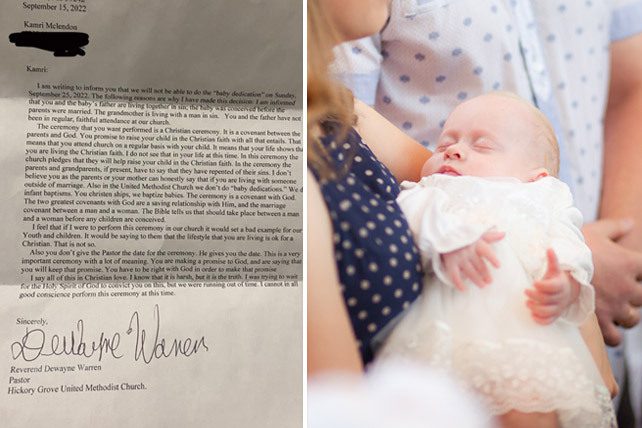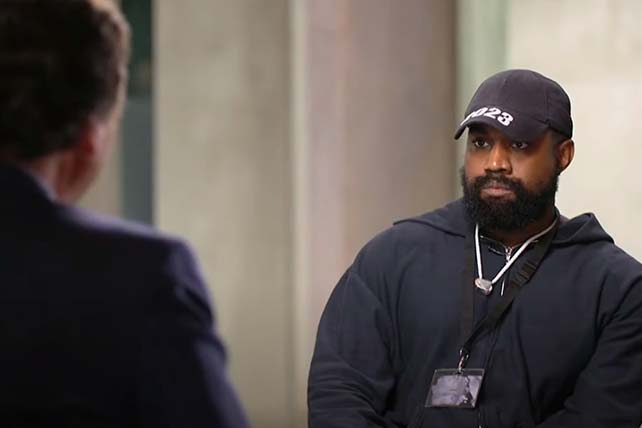Sermon closings can be challenging, even for veteran youth preachers. You may have managed to keep teenagers’ attention all through the message, but you need to devote a little extra effort to the final words. The beautiful thing is that with a strong ending, you’ll not only maintain the listeners’ focus but also bring home your key message in a powerful way. Here are some effective ways to do that.
6 Suggestions for Strong Sermon Closings
1. Close with a story.
Ending with a story that sums up your key point is a great way to come full circle. You also can return to a story (or quote) you used in the intro.
Example: Last Easter I spoke on 1 Corinthians 15:51-57. My sermon was titled “The Lord is risen indeed,” and my key point was that we don’t fear death anymore because Christ has conquered death. I ended with an illustration about a Russian priest who had his entire congregation stand up and state, “The Lord is risen indeed” to defy a government official who’d just claimed Jesus to be a fabrication. The story perfectly symbolized my message.
2. Close with an action.
Think of a symbolic action listeners can take that will reinforce your key message. It can be anything from lighting a candle to writing something down, shaking a neighbor’s hand or standing up. When prepared and executed well, this can become a special moment in which people truly encounter God.
Example: During a youth Christmas service, I preached the gospel and shared how Christ’s birth brought light into the darkness. I invited everyone who believed that Jesus is the light of the world to light a candle up front. It was an intimate moment when youth came forward to light candles and confirm their belief in Christ.
3. Close with an appeal.
Depending on the topic, try ending with an appeal for listeners to make a certain decision. The best-known appeal is, of course, the decision to follow Jesus, for the first time or again. No matter how “routine” this may seem, it’s one appeal you should never skip if it fits the key message. If you’ve just preached the gospel, invite people to respond to God’s call. If you do an “altar call” of any kind, make it simple.
But an appeal also can be for something else, such as forgiving someone for how they’ve hurt you, inviting a friend to the next worship service, or deciding to start thanking God for his blessings every day. Whatever the appeal is, make sure it fits your key message and is both easy and practical. People need to know exactly what you want them to know, feel or do.
Example: After a message about the gospel, we invited teenagers who had never accepted Christ to come to a large wooden cross in the corner of the church, while others could worship with the band. Leaders were standing there to pray with kids.
4. Close with prayer.
Sermon closings that include prayer can be beautiful, as long as the prayer goes somewhere, so to speak, and fits the central theme. Just don’t make it a routine, because then it will lose its impact. And can I be so bold as to suggest you also prepare the prayer in some way? It’s rather disappointing if you’re eloquent and powerful all through the message, only to stumble over the words of a prayer. I’m not saying a prayer needs to be perfect for God to hear it; you just should think about it in advance.
You also can combine prayer with an appeal, such as asking youth who want to commit to Christ to raise their hands during the prayer. Again: Make it simple so everyone understands what they need to do.
5. Close with a refrain.
This is one of my favorite techniques for sermon closings. In my messages, I often use certain refrains, or short statements I return to a few times. “The Lord has risen indeed” is one example. I’ve used that phrase about 10 times in one sermon, making it a powerful refrain.
When you have such a refrain, try to find a way to end with it; literally make it the last sentence. It will linger in listeners’ minds and have a powerful impact on them.
Example: In a youth service, I preached on John 21:15-22. The main point was that we shouldn’t look at what others do or how God uses them; we just need to follow Jesus. The refrain I used was “Stay out of it; you just follow Jesus.” This is how I ended: “God wants to use you, just as you are. And what he does with others, how he uses them? Stay out of it; you just follow Jesus.”
6. Close with Scripture.
The last sentence you say in a sermon has authority; by ending with Scripture, that’s even more true. If a short Bible verse perfectly sums up the message or makes an appeal, use it. Resist the temptation to explain Scripture; just read it and let that be the end.
Example: During a message for a praise service with the theme “He reigns,” I made a point about being a subject in God’s kingdom and honoring Christ as King. I ended with these words from Revelation 19:6,7a: “Then I heard what sounded like a crowd, like the sound of a roaring waterfall, like loud peals of thunder. I heard them say, “Praise God! For the Lord, our Almighty God, is King! Let us rejoice and be glad; let us praise his greatness!” (Good News Bible)
What other sermon closings do you recommend? Do you have a favorite way to end youth talks?
This post is part of the series on preaching for youth.
























